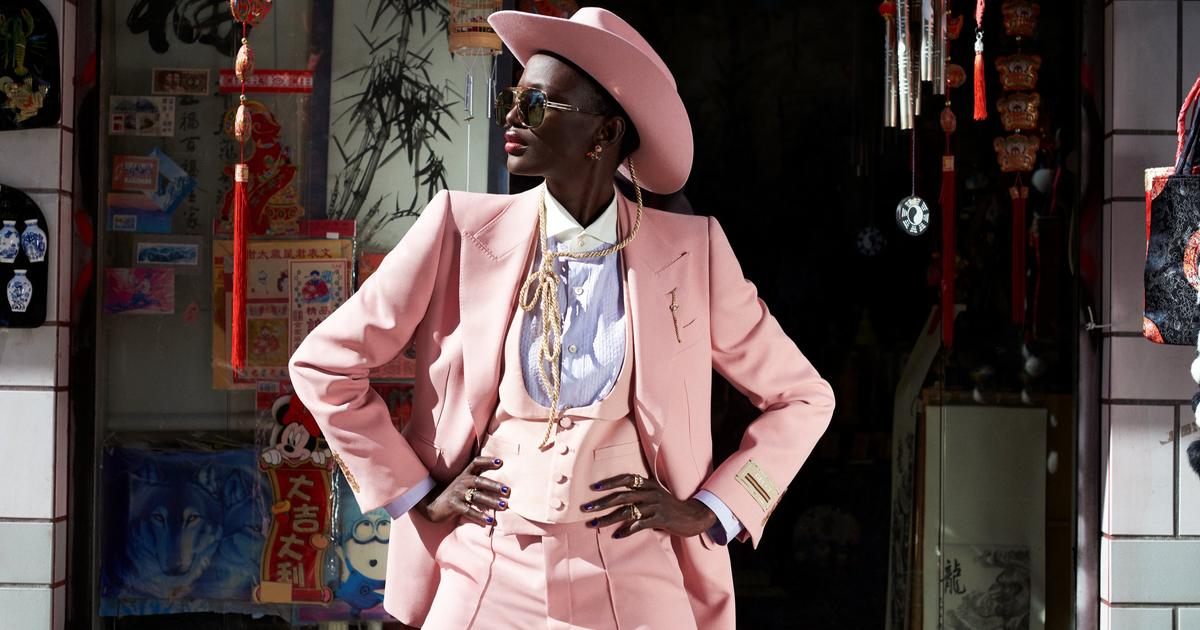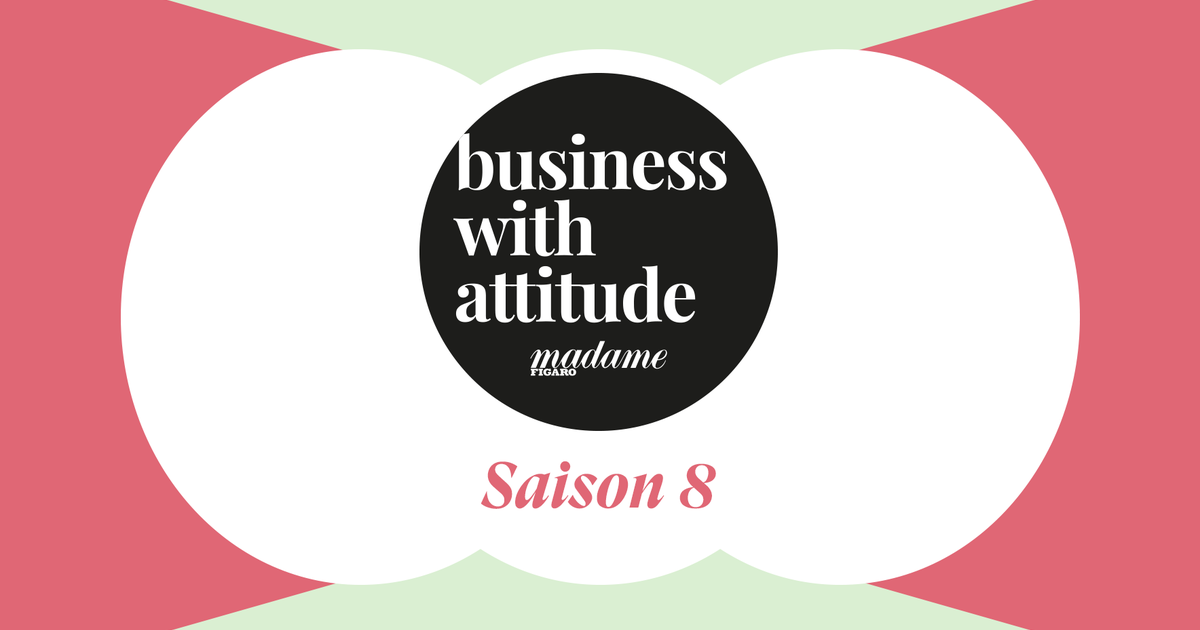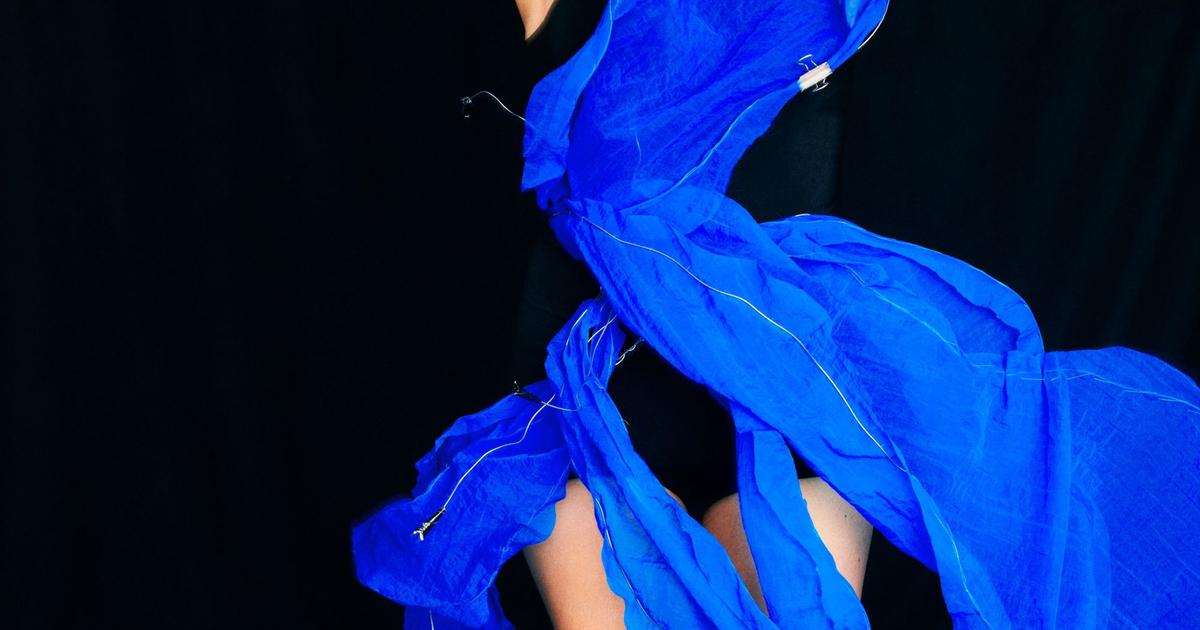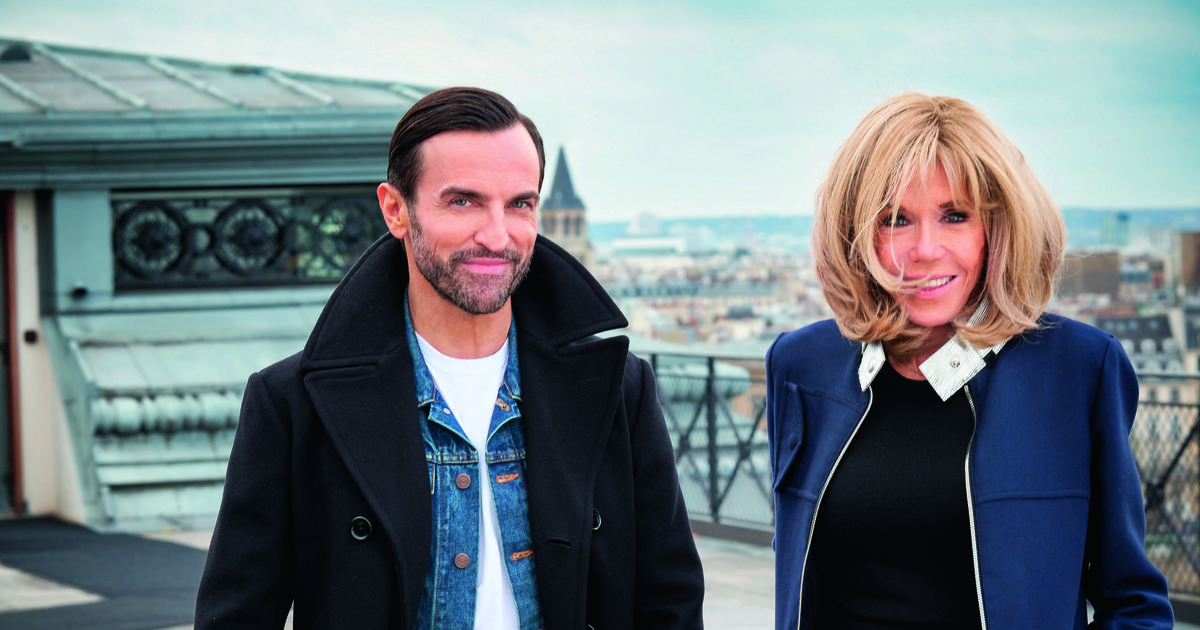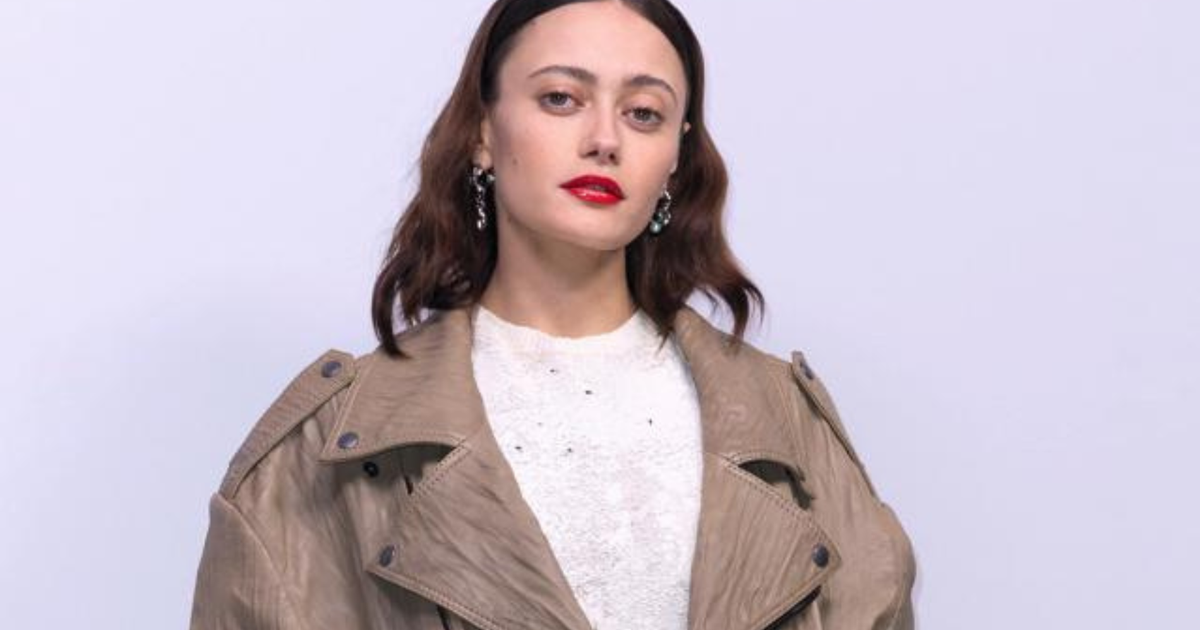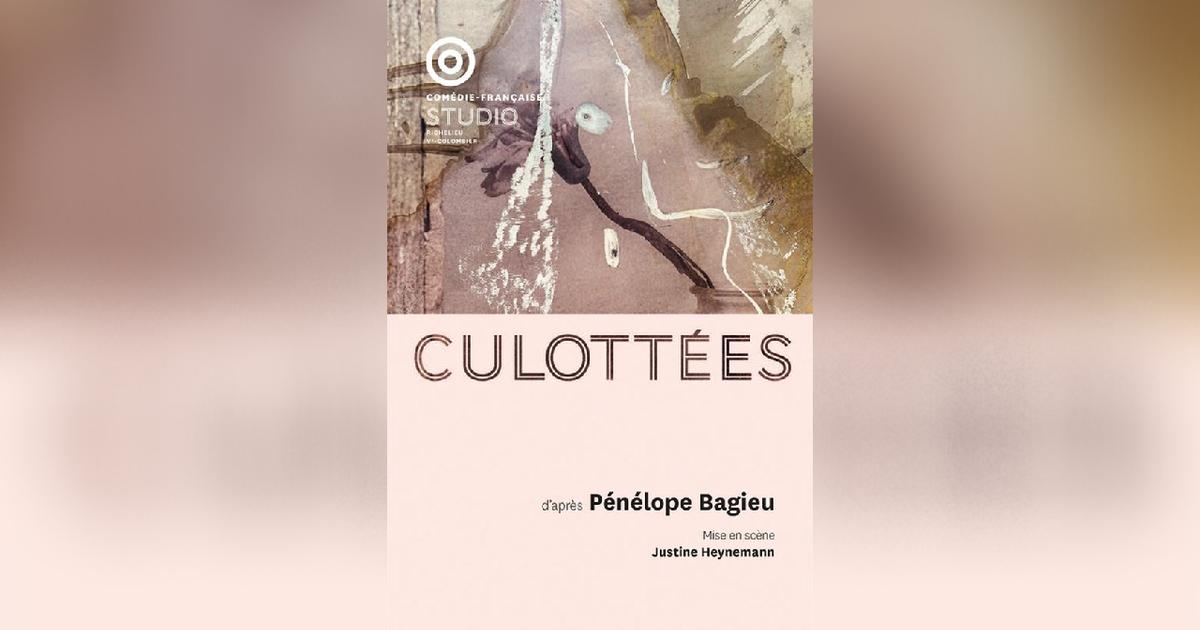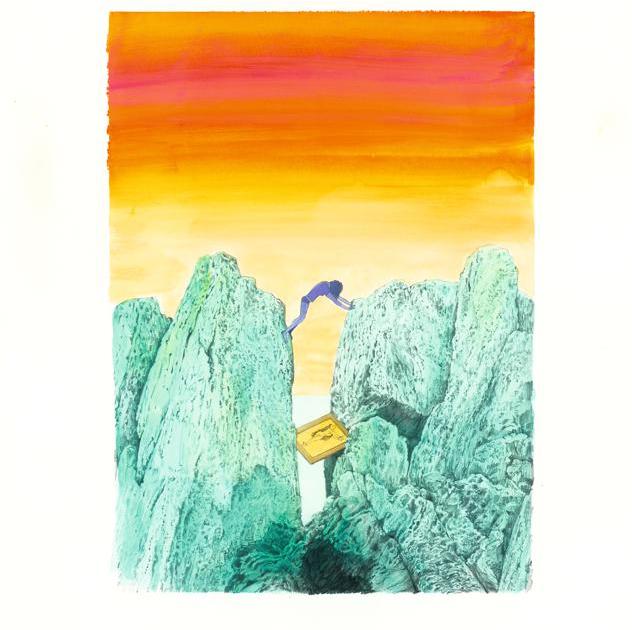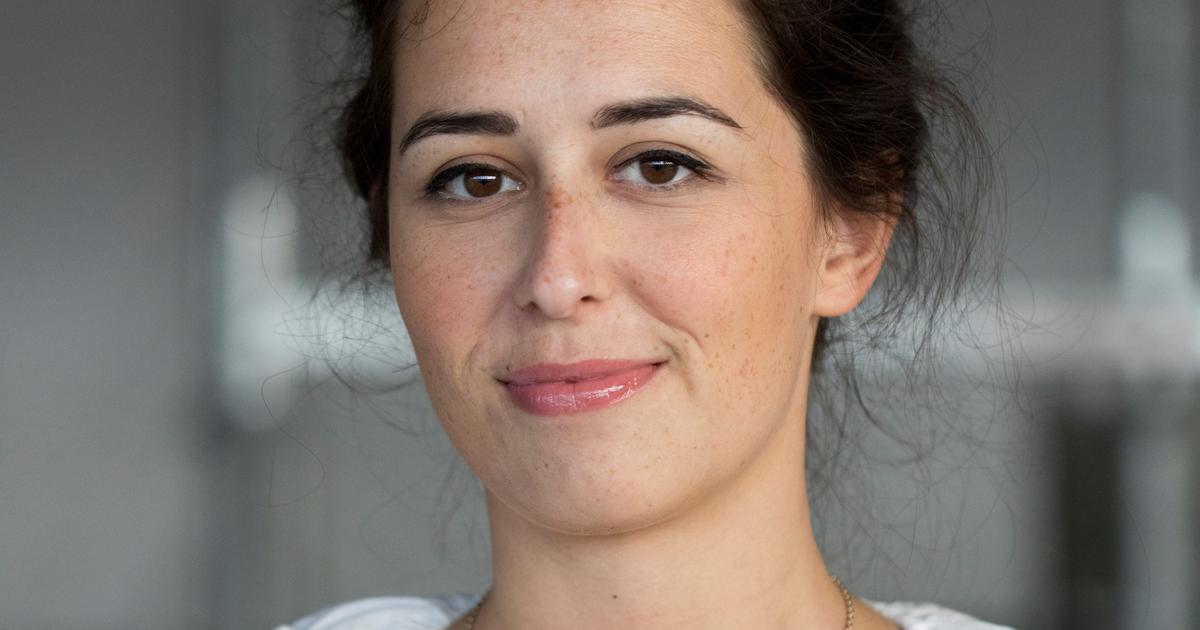Clever headband, Peter Pan collar over a sky blue sweatshirt, discreet line of red on the lips, cat-like gait like that of the two tomcats, Floupii and Ubba, who are waiting for him on the threshold of his Hamburg apartment, Eythar Gubara (1) has nothing, apparently, of the tireless activist shown by her work as a committed photographer.
"I started photographing to change things," says the 33-year-old, who grew up in Atbara, Sudan.
“I wanted to tell stories for people who do not see or who refuse to see.
I am an artist, but also an activist.
To discover
Listen > our Scandals podcast “
Paris Hilton: rhinestones, champagne and dark secrets
”
Read alsoA floating spa, the ultimate guide to Arles encounters... The imperative Madame
His room, on the other hand, is full of clues that reveal his fights for the promotion of the rights of men, women and members of the LGBTQ community, whose rainbow flag boldly adorns one of the windows.
At the foot of his bed, a bag contains the spoils of war - plastic bullets that can turn a body into a real sieve, tear gas canisters, pieces of grenade recovered during the demonstrations organized in 2018 to protest against thirty years of Omar el's dictatorship. -Bashir, former President of Sudan.
On video, the intern at Paris Photo
Hanging on the wall, emblematic shots of this revolution, such as this nude photo entitled
Pride
, which celebrates in a sober intensity the pride of women, their courage, their will not to give in to oppression.
“They show, like others around the world, an endurance to suffering that is exemplary.
These women continued to demonstrate despite knowing what they were risking.
Many of them were raped, tortured, mutilated, killed, then thrown into the Nile with a large stone around their necks during this movement of “civil disobedience”.
This photo is part of a series called
June 3
, tribute to the martyrs of the Khartoum massacre perpetrated that day by the ruling junta, killing one hundred and thirty demonstrators massed in front of the capital's army headquarters.
Other clichés evoke the silence of the oppressed.
A woman's mouth edged in white, as if sewn with barbed wire.
The silhouette of another wrapped in a sheet, her back to a messy bed.
A man is sleeping.
Looks like he's sated.
His partner looks out the window, dreams of a better life and wonders how to get rid of an oppressive and secular patriarchy.
"I don't photograph women as victims, but as heroines, what they are in life."
Eythar Gubara demonstrates this in another way, in the fashion series she produced for us following the Madame Figaro-Arles Photo Prize, won last year.
The stuff of heroines
In images, in pictures
See the slideshow09 photos
See the slideshow09 photos
She transfigures the image of the woman to show a conquering figure, assured, assumed, sparkling and light.
“These women of fashion, sublimated by beautiful clothes, are just as much part of the struggle undertaken for many years to restore equal opportunities between the sexes.
I had a lot of fun taking these photos.
For me, this is a first that continues my commitments.
Eythar Gubara wanted his work as a photographer to have meaning.
You could say she succeeded.
“We can overcome all the preconceived ideas, all the habits, all the traditions, all the rituals and all the governments that put us down,” she proclaims like a mantra.
"We just have to be convinced of this and act, each with our own tools."
These women of fashion, sublimated by beautiful clothes, are just as much part of the struggle undertaken for many years to restore equal opportunities between the sexes.
Eythar Gubara
It was during the five years spent in Saudi Arabia with his parents that Eythar unconsciously began to sketch the outline of his future struggles.
“My father, a mathematics professor, had been hired at the University of Riyadh.
At the time, Saudi Arabia was trying to bring the best people into its faculties or companies from abroad.”
During this period, from the height of her 11 years, she discovered with her own eyes the terrible condition of women in Saudi Arabia.
"I know things have changed since then, but back then a woman couldn't leave her house alone, and had to walk three steps behind her husband or brother.
I remember a student at my school who had a heart attack and couldn't get out of the
school to go to the emergency room, because no one from his family was there to accompany him.
She died of it.
These are images that we do not forget.
These are events that shaped me.”
Back in Khartoum, Eythar continues his studies in an engineering school.
“In my country, you have to have a job.
That of artist is not recognized.
It was therefore self-taught, at the age of 20, that she learned photography, before training in the technique at the Goethe Institute in the Sudanese capital.
During workshops organized by the institute, she met two German artists, who helped her to obtain a scholarship and to come and settle in Hamburg in 2016. “They helped me a lot, and I am very grateful: it is not good to live in Sudan when you are a Muslim, lesbian and activist woman, who exposes naked bodies, which is strictly prohibited by Islam.
Today, Eythar studies at the University of Fine Arts in Hamburg, makes films (2) and creates designer furniture.
“I want the women in my community to be seen as beautiful people and not as enemies.
I
I have suffered a lot from the gaze of others, and I am doing everything to change this gaze.
She sometimes does it with humor and insolence, as with this anti-covid mask, placed on her desk, behind which she simply drew a vagina.
"This cone-shaped mask has always reminded me of this aspect of the female body," she explains, laughing.
It is a rather fun and somewhat provocative object.
It's on purpose.
Self-mockery can sometimes serve the causes.
is done on purpose.
Self-mockery can sometimes serve the causes.
is done on purpose.
Self-mockery can sometimes serve the causes.
(1) The 5th edition of the Madame Figaro-Arles Photo Prize crowned this Sudanese artist, rewarding her project “Nothing can stop the kandakas” (the queens).
(2) Eythar Gubara is preparing a film on the Sudanese revolution and another on queers, based on a true story.

